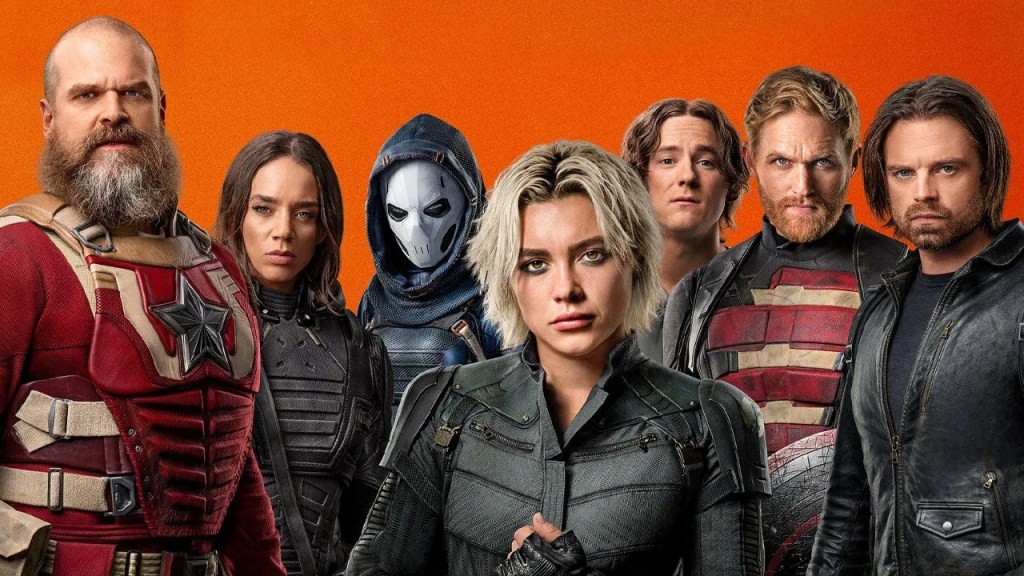Beginning a new book series that has multiple volumes is always a big adventure, which can end up with a potential reader finding a world that becomes a thrill of amazing adventure that leaves them yearning to return. However, one may also find the series mediocre at best, and, while impressed with the first outing, not terribly interesting in reading further.
When reading Homeworld Lost, the first entry into J.N. Chaney and Scott Moon’s similarly-titled series, I found myself at first feeling that I would find myself in the latter category, with the book’s somewhat less than captivating first third. Plus, I was plagued with the feeling that I’d seen this somewhere before.
Then, somewhere in the middle of that first third of the story, it hit me.
“This is Farscape!” I exclaimed, realizing the uncanny parallels to the acclaimed sci-fi series of the late 90s-early 2000s. And yet, even nearing its rather exciting middle and end, noting how it maintained elements that were eerily—perhaps even alarmingly—similar to the popular TV show, a curious thing happened: I began to not care. Beneath the surface, it seemed, lay a fun story of friendship surpassing cultural boundaries in unfriendly situations, and overcoming impossible odds. Curiously, I grew an interest in reading further into the series.
At an unspecified point in the future, the nations of the Earth, realizing the threat of their own mutual annihilation by war, formed the unified coalition of the United Earth, and set humanity’s aspirations into breaking free of the confines of our solar system, creating the first experimental hyperdrives — with unfortunately abysmal results (if the loss of the first test pilot were any clue). Now certain that they have fixed the problems, test pilot Noah Gantz takes off in a test craft fitted with the now “perfected” hyperspace engine for a quick trip around the moon. But he is met with a fate worse than death, stranded and mortally wounded in the far reaches of space.
His fortuitous encounter with Kayan, a living, sentient starship, changes his fate — and his life — forever. Kayan offers to save his life by repairing his broken body using parts of herself. Accepting this offer, Gantz adjusts to his new life, and (for the time being) new home, learning to understand language and cultural differences between him and the ship’s strange, alien crew that include: Montow, the ship’s logical, taciturn Hellenger captain with a “soup can”-shaped head, Grum, a friendly, technically-savvy Walen, and Wozim, the fierce, intense, and honor-minded Tyton battle lord, whose friendship proves more than a little challenging for Gantz to win.
A final crew member soon joins this somewhat dysfunctional family after Noah saves the life of Solen, an Altion scientist, from the Gavant, a militaristic empire that rules this distant galaxy and whom he learns knows about Earth.
Soon, finding a way back home becomes more than just a longing for Gantz; It is a necessity.
For those familiar with the Farscape series, and its lost-in-space adventures of John Crichton and his fellow crew of alien misfits on the living starship Moya, Homeworld Lost will almost certainly feel like Chaney and Moon unabashedly ripped the story and reskinned it like a cheap knockoff from Wish.
But reading further into the first book, the story, while keeping those same beats, begins to weave a different tale, with its own set of intriguing elements that are certain to keep readers interested, though as stated before, the story’s first third can be something of a slog, relegated to Gantz learning about his body’s new functions, Kayan’s various ins and outs, as well as dealing with issues common to her kind that sometimes get out of hand. This is in addition to dealing with cultural, behavioral, and lingual minutiae among his crewmates.
Despite how slow the book’s opening chapters can be, however, at least the parts where he gets to know his crewmates is indeed fun. Once the Gavant come into the forefront, the story becomes a nonstop game of cat and mouse, desperately staying one step ahead of this new, arrogant and pugilistic enemy aboard a ship that, by its very nature, has no weapons.
Fortunately, in the most desperate moments, Wozim often becomes all the weapon they need. Gantz’s ingenuity and talent for bringing even the most distrustful people together helps to save the crew out of just as many scrapes as Wozim’s highly unsubtle penchant for giving as much violence as he gets.
Learning about the alien crew is indeed one of the more entertaining aspects of this story, and Gantz’s first adventure in this (as of publication of this article) seven-book series hints at a far bigger universe that is just waiting to be explored further.
I was glad that I read through the story’s entirety, in spite of its slow start, as I found a surprisingly deep world with a colorful cast and a brilliantly planned universe, and an especially fascinating ship in Kayan, whose telepathic communication and cybernetic connection with Gantz gives him various advantages over the many and sundry enemies that he encounters.
Readers will certainly agree that he will need every advantage that he has been blessed with in this tale. Homeworld Lost, in the whole of its run, brings up a pace and depth of story that casts any adventurous reader into a sci-fi universe of mystery and danger that is sure to please. Moreover, with a surprise reveal in its final chapters, it will no doubt leave the reader wanting to delve further into this intriguing series to read about Gantz’s further adventures.






Leave a comment